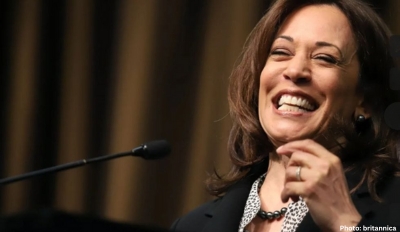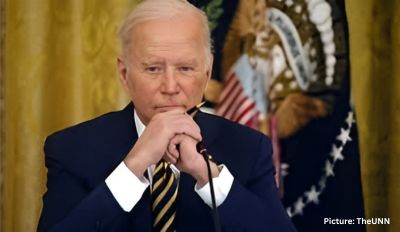In a letter, Bob Menendez asks the Secretary of Defence to raise India’s planned purchase of the Russian S-400 missile defense system.
Saying the Indian government is moving away from democratic values, the Chairman of the Senate Foreign Relations Committee Bob Menendez has written to U.S. Secretary of Defense Lloyd Austin asking him to raise concerns about democracy and India’s purchase of the S-400 Russian missile defence system during his visit to New Delhi. Mr. Austin is expected to meet Defence Minister Rajnath Singh and senior national security officials between March 19 and 21 when he is in New Delhi.
“I would like to see the U.S.-India partnership grow, but we must acknowledge that the partnership is strongest when based on shared democratic values and the Indian government has been trending away from those values,” Mr. Menendez says in the letter dated March 17.
“I also expect that you will raise the administration’s opposition to India’s reportedly planned purchase of the Russian S-400 missile defense system,” he writes.
Among his concerns, Mr. Menendez cites a crackdown on journalists and critics of the government, its handling of the farmer protests and the use of sedition laws and the Citizenship (Amendment) Act (CAA).
‘Deteriorating democracy’
“The Indian government’s ongoing crackdown on farmers peacefully protesting new farming laws and corresponding intimidation of journalists and government critics only underscores the deteriorating situation of democracy,” Mr. Menendez says.
“Moreover, in recent years, rising anti-Muslim sentiment and related government actions like the Citizenship (Amendment) Act, the suppression of political dialogue and arrest of political opponents following the abrogation of Article 370 in Kashmir, and the use of sedition laws to persecute political opponents have resulted in the U.S. human rights group Freedom House stripping India of its ‘Free’ status in its yearly global survey,” he says.
India’s purchase of S-400 for just under $5.5 billion could attract sanctions under a 2017 law: the Countering America’s Adversaries Through Sanctions Act (CAATSA). The Trump administration’s repeated message was that sanction waivers are not automatic and decided on a case by case basis. Congress forced the Trump administration’s hand in December last year by requiring it to sanction Turkey for purchasing the S-400. In 2018, China was sanctioned for purchase of Russian equipment.
Sanctions on the cards
While India is not a treaty ally of the U.S. and is increasing its purchase of U.S. arms — mitigating circumstances as per U.S. law — the Menendez letter suggests that sanctions are still — at least in theory — an option as India is expected to take delivery of the S-400 later this year.
It reads: “India’s planned purchase of the Russian S-400 missile defense system is also a matter of concern. I recognize that India is not a U.S. treaty ally and has historical ties with the Soviet and Russian militaries. However, if India chooses to go forward with its purchase of the S-400, that act will clearly constitute a significant, and therefore sanctionable, transaction with the Russian defense sector under Section 231 of CAATSA.”
Mr. Menendez says the U.S. should seek to partner India on issues such as climate change and China but while doing so, it cannot let its “democratic values fall away”.
He also asks Mr. Austin to “make clear” to New Delhi that all areas of India-U.S. cooperation are contingent on India’s adherence to democratic values.
(Courtesy: The Hindu)











